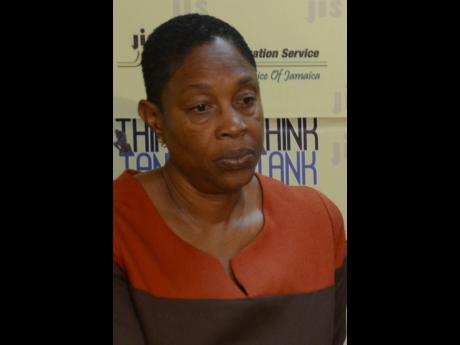'Keep persons with mild intellectual disabilities in the mix'
Jamaica cannot achieve Sustainable Development Goals (SDGs) if persons with intellectual disabilities are excluded from the mix, says development manager of the Jamaica Association on Intellectual Disabilities (JAID), Marilyn McKoy.
McKoy, who was speaking at the Conversations on Special Needs Panel Discussion at the Jamaica Conference Centre in downtown Kingston last week, was addressing goals four and eight of the SDGs, which speak to quality education, work and economic growth, respectively.
"When you think of intellectual disability, 88 per cent of the persons with intellectual disability are going to belong to the mild group, which means that many of the segregated special-education facilities will only cater to persons who are at the moderate to the severe group. That 88 per cent is not within those kinds of services. It, therefore, means that they are in the regular education programme.
"The education system is not properly supported to embrace effective inclusion. There is still a fear of disability, as people feel that they will catch it. There are negativities, stigma and discrimination that not only affect the child but (also) affect the family," said McKoy.
McKoy said JAID has collected a lot of data that is not fully utilised by the education sector to address early types of intervention for people with these kinds of challenges.
"The one-size-fits-all does not cut it, and if we are talking about inclusion, it definitely does not cut it ... . We need to educate and sensitise so that people can understand that there is a role to play and that the children with disabilities also have a role," said McKoy.
According to McKoy, people with disabilities are less likely to be employed and have a hard time escaping poverty because of the discriminatory actions in relation to work and access to resources, even if it's promoting self-employment.

